Togo
Togolese civil society groups have united in support of opposition calls for political change in the tiny West African country.
The new coalition known as ‘Togo Citizens Stand Up’ (Front citoyen Togo debout) have said they plan to play “a much more active role” in ongoing demonstrations calling for constitutional reform.
According to the group spokesperson David Dosseh, the coalition could not stay neutral in the face of violent clampdown on protesters in the country. “Injustice is unacceptable, it’s impossible to stay neutral,” he said.
Meanwhile, AFP reports that hundreds of Togolese nationals have crossed over into Ghana for fear of violence as the country’s political tension heightens.
They said a Ghanaian Immigration official confirmed that about 300 Togolese had arrived since last week. The asylum seekers are mainly from northern Togo – the scene of violent protests last week.
“They first arrived in the night from Wednesday to Thursday last week, but they continue to cross the border today (Wednesday) even though in fewer numbers,” Tetteh Paddy, Director of Ghana Refugee Council told AFP.
Togo’s opposition parties last month started calls for incumbent president Faure Gnassingbe to quit power immediately. The move is in demand for the end of a fifty-year rule by the Gnassingbe family. Faure has so far clocked 12 years in addition to his father’s 38 years until his death in 2005.
At the heart of the protests are calls for the revision of the 1992 Constitution which was modified in 2002 allowing Eyadema to run for an unlimited term. Recent reforms introduced by the government have promised to restore the two-term limit.
But it will not apply to Faure’s past or current term. His current mandate, secured in 2015, ends in 2020 – when the two-term rule is to be applied. By implication, the rule could affect him only after 2030. That is if he wins 2020 and 2025 elections.
When his father died, the military sidestepped the constitution by installing his son as interim president, instead of the head of the national assembly, as was legally required. He later resigned before winning polls in 2005 and securing re-election twice in 2010 and 2015.



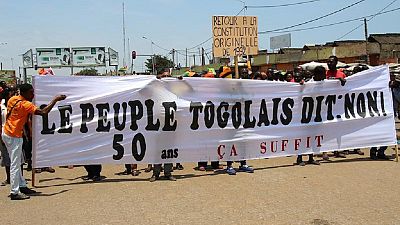


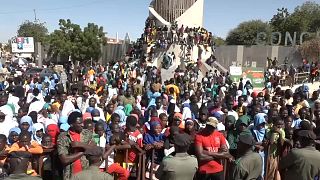
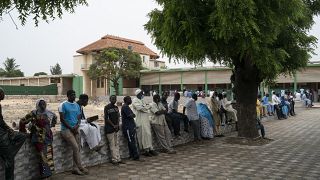


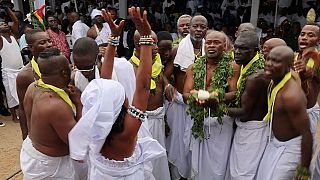
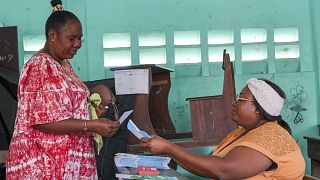
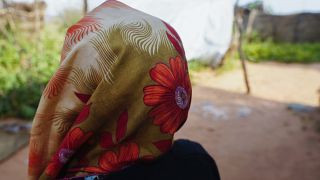
01:03
Senegal’s legislative elections: Prime minister calls for retaliation against “attacks” on supporter
00:55
Mauritius' opposition coalition wins parliamentary election with 60 out of 62 seats
01:04
Post-election violence intensifies in Mozambique ahead of SADC meeting
01:09
South Africa closes main border with Mozambique, citing safety concerns amid post-election protests
Go to video
Britain's opposition Conservative Party elects new leader
01:28
“I am proud of our democratic processes and I respect the will of the people,” Botswana's Masisi